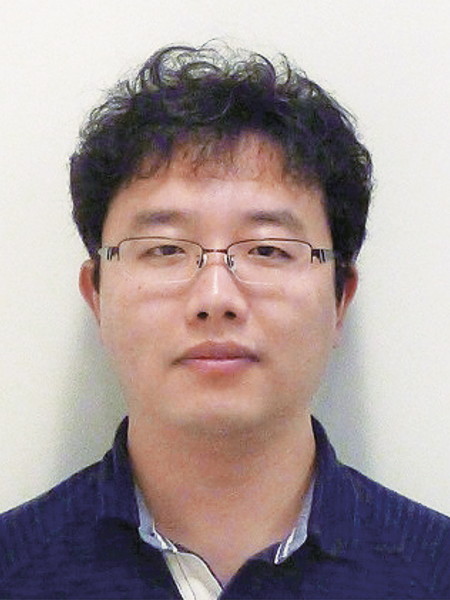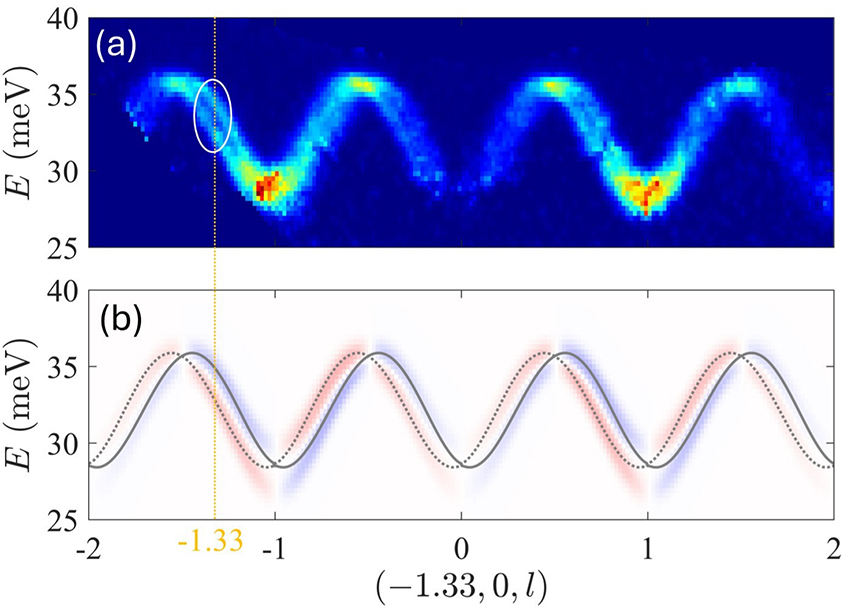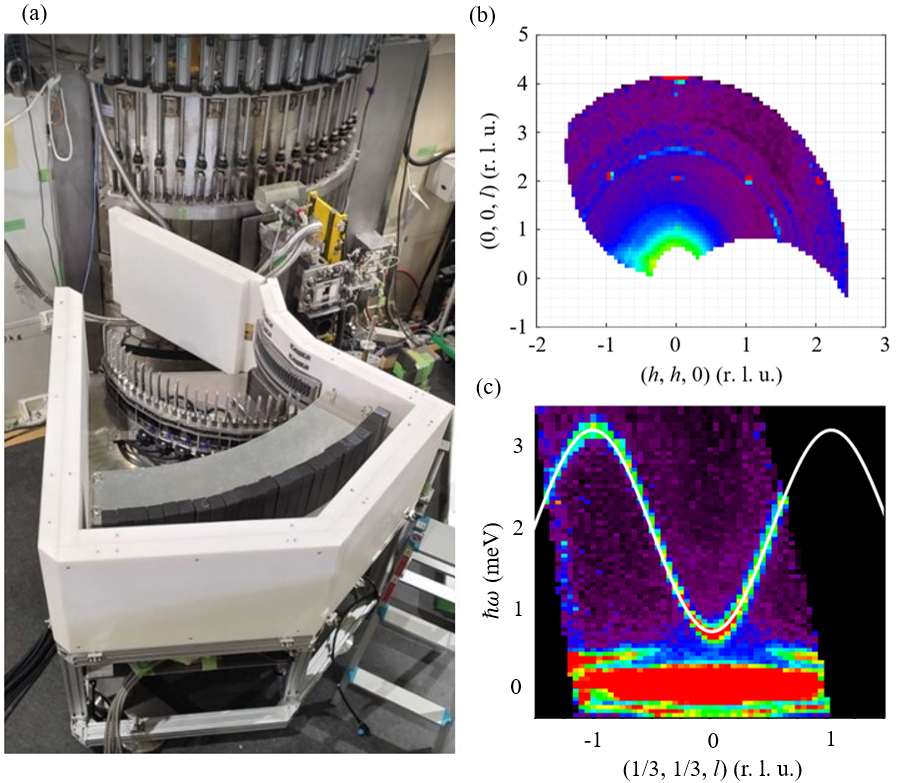Masuda Group

- Facility
- Neutron Science Laboratory
- Course
- Adv. Mat., Frontier Sci.
 Research Associate ASAI, Shinichiro
Research Associate ASAI, Shinichiro
Research Subjects
- Chiral split of altermagnetic magnon
- Dynamics of spin supersolid
- Development of neutron spectrometer
Magnetic materials, which are studied across a wide range from fundamental research to applications, have also attracted significant interest as a frontier for exploring quantum phenomena. Our group aims to experimentally discover novel quantum phenomena and quantum states in various magnetic materials and to elucidate their underlying mechanisms. While our research has primarily utilized the HRC spectrometer installed at J-PARC (see left figure), in recent years we have also expanded our efforts to include the development of a new neutron spectrometer, the Horizontally Defocusing Analyzer Concurrent data Acquisition (HODACA, see right figure (a)), designed for highly efficient measurements of magnetic dynamics. In fiscal year 2023, a test operation using the frustrated magnet CsFeCl3 was conducted. As shown in the right figure (b), Bragg peaks were correctly observed, and magnetic excitations consistent with previous studies were detected, as shown in the right figure (c). It was found that HODACA offers a measurement efficiency 70 times higher than conventional spectrometers. Going forward, by complementarily utilizing the HRC and HODACA spectrometers, we aim to explore new phenomena such as chiral magnon splitting in alternating magnets, the dynamics of spin supersolids, and spin-wave spin currents.


